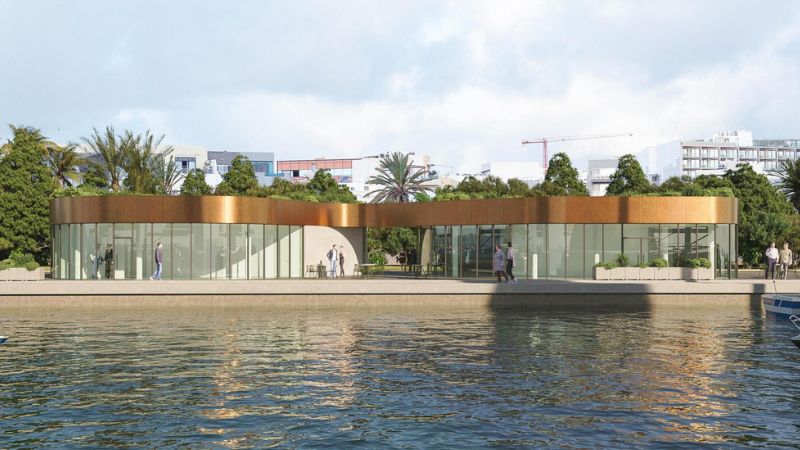March 2008. In what turned out to be a Pyrrhic victory, the Nationalist Party led by Lawrence Gonzi won the general election by a whisker despite trailing behind Labour in opinion polls for months. Both parties failed to surpass the 50% mark but Gonzi was returned to office by a mere 1,580 votes.
Gonzi’s wafer-thin majority did not allow him to govern the country but if anything, the 2008 election confirmed the dualistic nature of Maltese politics with the country evenly split in two blocks.
March 2017. Labour won a second consecutive general election by a whopping 35,000 votes. Despite being embroiled in endless corruption scandals, Joseph Muscat’s Labour secured 55% of the vote while the PN only registered 43%.
Just over a year since the election, Labour not only survived the corruption scandals but opinion polls show that if an election were to be held tomorrow, Muscat would win by some 100,000 votes and possibly secure a two-thirds majority in Parliament.
In a matter of 10 years, the country has gone from having two big mainstream parties occupying the State in turns to what increasingly looks and smells like a one-party state.
Since Independence we had two strong political parties who effectively occupied the State and its independent institutions. Labour and PN placed their people in influential roles in the civil service, the courts, the Police Force, the Armed Forces, health departments, environmental and planning watchdogs, educational institutions, the state broadcaster and the media and all other institutions which are instrumental in safeguarding democracy.
This has stifled democracy in Malta and manifests itself in a culture of impunity, a complete lack of critical thought and unabashed dependence on the political class.
But in recent months we have seen Labour get stronger and stronger, annihilating any form of opposition, including the Nationalist Party in opposition.
This does not bode well as we are moving towards a one-party state and this will inevitably lead to the dismembering of independent institutions and greater restrictions to freedom of speech.
An unassailable Labour Party has annihilated all forms of opposition either by buying people’s silence (or consent) or by conducting coordinated attacks on whoever refuses to sell out.
We have come to a point where an axis is being formed between Castille and the new PN leadership. They have a common enemy; an anti-corruption movement best represented by Simon Busuttil.
The latest stunt cooked up by the strategists of the new axis is to play the bullying card to delegitimise Busuttil. Both spouses of Prime Minister Joseph Muscat and PN leader Adrian Delia have cried their heart out about how their children are being bullied and snubbed. Low and behold the Labour cheerleading newspaper it-Torca will tomorrow carry an interview with Delia’s wife, Nickie Vella de Fremeaux in which she’ll add more firepower to the coordinated attacks on Busuttil, his partner Kristina Chetcuti and anyone refusing to jump on the Panama bandwagon.
Pity the very same people crying wolf because they’re not invited to weddings and their privileged kids are not invited to parties do not throw a tantrum every time people are denied their rights (not an invitation) because of their political or ideological beliefs.
Bullying and classism are the least of Malta’s problems right now. We are witnessing an omnipotent Labour administration running roughshod over democracy. Labour dominates the media, is steadily destroying the environment and our quality of life, uses its power of incumbency to foster a culture of dependency on the party in power, uses its financial muscle to buy consent, uses the Police Force and the judiciary to silence critics and makes its rich patrons richer.
The last thing the PN should do is follow the advice of its candidate Justin Schembri who argued that the opposition should morph into Labour if it is to return to power.
If the PN decides to go down that route, and it seems that Delia is sold on the idea, then why should people choose the copy over the original? Unless Labour trips up badly, there is little hope the electorate will vote it out of office.
And this will only lead to a stronger Labour Party who with a two-thirds majority can change the rules of the political game according to its needs. And its needs will surely not translate into more freedom, justice and equality.












